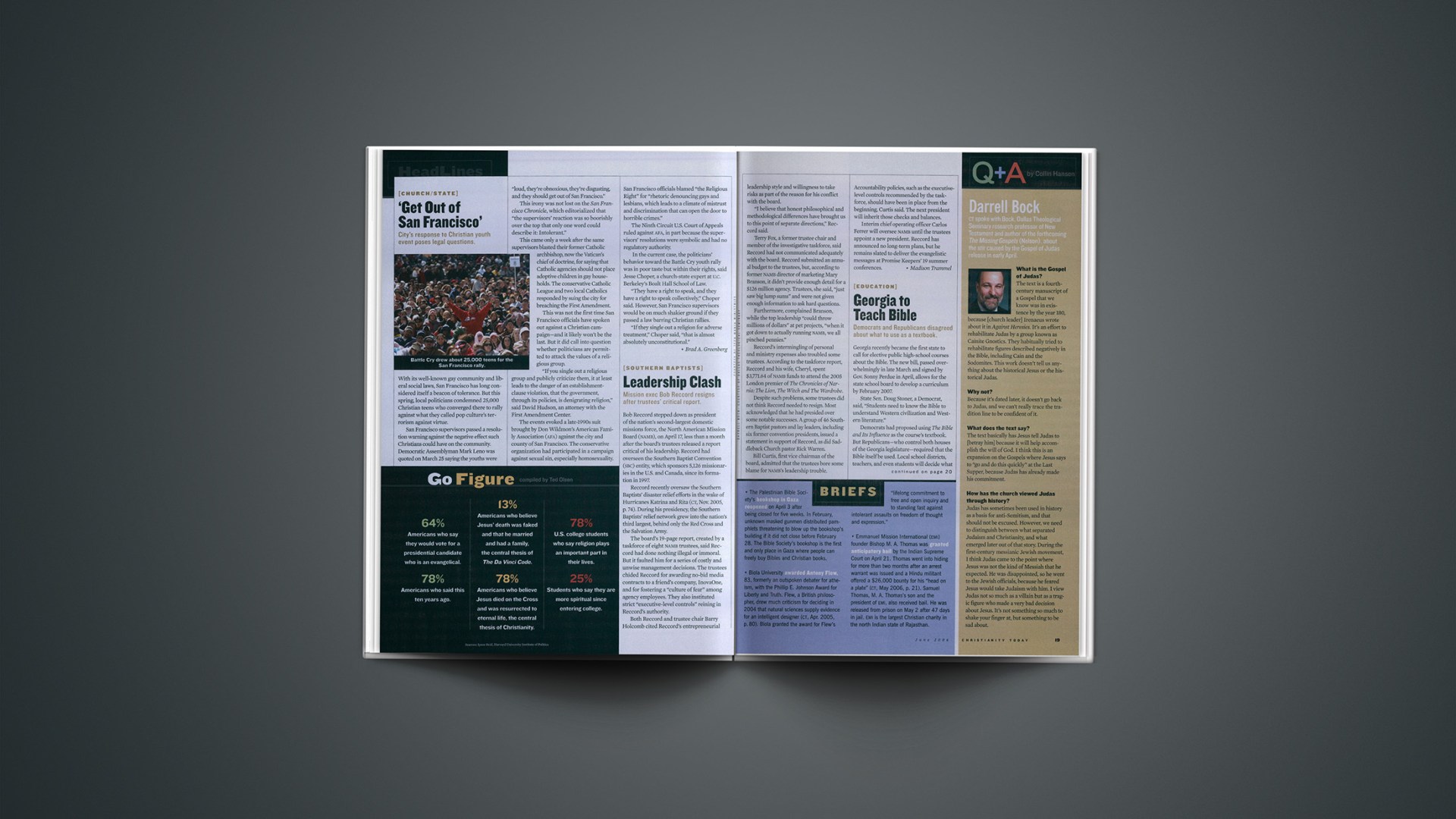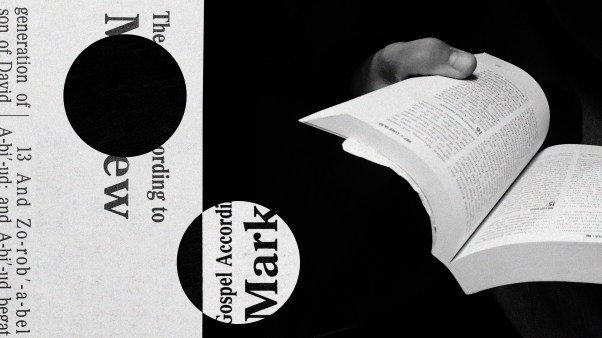With its well-known gay community and liberal social laws, San Francisco has long considered itself a beacon of tolerance. But this spring, local politicians condemned 25,000 Christian teens who converged there to rally against what they called pop culture’s terrorism against virtue.
San Francisco supervisors passed a resolution warning against the negative effect such Christians could have on the community. Democratic Assemblyman Mark Leno was quoted on March 25 saying the youths were “loud, they’re obnoxious, they’re disgusting, and they should get out of San Francisco.”
This irony was not lost on the San Francisco Chronicle, which editorialized that “the supervisors’ reaction was so boorishly over the top that only one word could describe it: Intolerant.”
This came only a week after the same supervisors blasted their former Catholic archbishop, now the Vatican’s chief of doctrine, for saying that Catholic agencies should not place adoptive children in gay households. The conservative Catholic League and two local Catholics responded by suing the city for breaching the First Amendment.
This was not the first time San Francisco officials have spoken out against a Christian campaign—and it likely won’t be the last. But it did call into question whether politicians are permitted to attack the values of a religious group.
“If you single out a religious group and publicly criticize them, it at least leads to the danger of an establishment-clause violation, that the government, through its policies, is denigrating religion,” said David Hudson, an attorney with the First Amendment Center.
The events evoked a late-1990s suit brought by Don Wildmon’s American Family Association (AFA) against the city and county of San Francisco. The conservative organization had participated in a campaign against sexual sin, especially homosexuality. San Francisco officials blamed “the Religious Right” for “rhetoric denouncing gays and lesbians, which leads to a climate of mistrust and discrimination that can open the door to horrible crimes.”
The Ninth Circuit U.S. Court of Appeals ruled against AFA, in part because the supervisors’ resolutions were symbolic and had no regulatory authority.
In the current case, the politicians’ behavior toward the Battle Cry youth rally was in poor taste but within their rights, said Jesse Choper, a church-state expert at U.C. Berkeley’s Boalt Hall School of Law.
“They have a right to speak, and they have a right to speak collectively,” Choper said. However, San Francisco supervisors would be on much shakier ground if they passed a law barring Christian rallies.
“If they single out a religion for adverse treatment,” Choper said, “that is almost absolutely unconstitutional.”
Copyright © 2006 Christianity Today. Click for reprint information.
Related Elsewhere:
Weblog commented on the event after it happened (second item).
The Catholic League’s statement opposing the San Francisco board’s statement in opposition to the church’s position on gay adoption is available from the League’s website.










